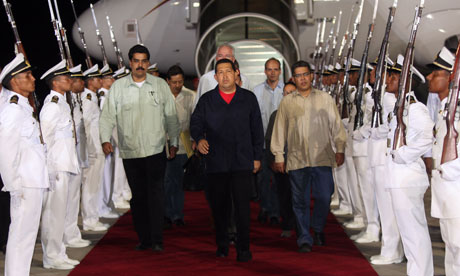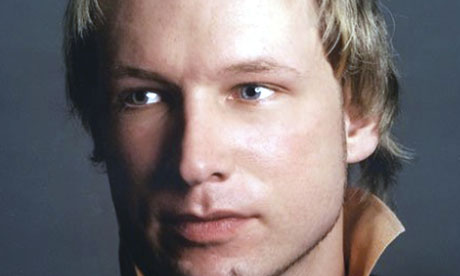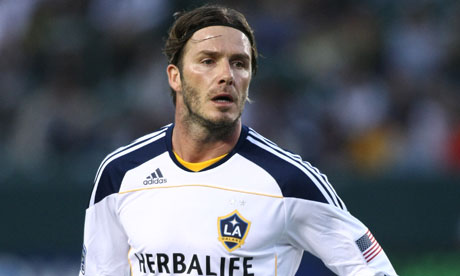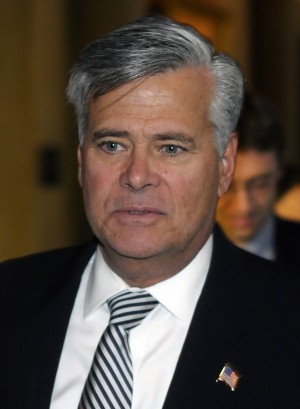WASHINGTON
With bipartisan debt-limit talks deadlocked, House Republicans and Senate Democrats readied rival emergency fallback plans Sunday in hopes of reassuring world financial markets the U.S. government will avoid an unprecedented default.
In a conference call, Speaker John Boehner summoned his conservative rank and file to swing behind a "new measure" that could clear both houses of Congress.
"It won't be `Cut, Cap and Balance' as we passed it," he said, referring to a measure -- killed in the Senate on Friday -- that would have required spending cuts of an estimated $6 trillion as well as congressional approval of a constitutional balanced budget amendment for ratification by the states.
The new approach is "going to require some of you to make some sacrifices," he added, according to a person familiar with his remarks.
Separately, President Barack Obama invited the two top congressional Democrats to a highly unusual White House meeting Sunday evening.
One of them, Senate Majority Leader Harry Reid, was at work on a Democratic fallback measure, too.
Without congressional action by Aug. 2, the Treasury will be unable to pay all its bills, risking a default that could have severe consequences for the U.S. economy and the world's, too.
Details of the rival plans were sketchy.
Republican officials said Boehner envisioned an increase in the nation's debt limit by $1 trillion and slightly more than that in federal spending cuts, with the promise of additional progress on both sides of the ledger if Congress could agree.
Democratic officials said Reid was at work on legislation to raise the government's debt limit by $2.4 trillion -- enough to assure no recurrence of the current crisis until 2013 -- and reduce spending by slightly more.
They said that plan envisioned no higher taxes.
Administration officials have stopped just short of promising to veto the approach Boehner outlined. Obama has also said for months any bill must include higher revenue.
The White House was largely consigned to a spectator's role on a weekend that began with Boehner's decision to call off talks with Obama.
But the president arranged an early evening meeting with Reid and House Democratic leader Nancy Pelosi.
Asked earlier what the administration's plan was to avoid default, Treasury Secretary Timothy Geithner said, "Our plan is to get Congress to raise the debt ceiling on time."
The state of play veered between bipartisanship and brinkmanship on an issue of immense economic consequences.
Despite hours of compromise talks in the Capitol, lawmakers' aides had so far been unable to agree on a two-step plan that would satisfy Obama's demand for a large enough increase in the debt limit to tide the Treasury over until after the 2012 elections.
Interviewed on Fox, Boehner said, "I would prefer to have a bipartisan approach to solve this problem. If that is not possible, I and my Republican colleagues in the House are prepared to move on our own."
He arranged to brief the Republican rank and file on a conference call late in the day.
It was unclear when Reid would disclose details of his own plan.
The officials who described the rival fallback plans spoke on condition of anonymity, citing the sensitivity of the issue.
Boehner's plan, still under negotiation on Capitol Hill, is intended to get the nation beyond this crisis and snag enough votes from House Republicans who won't raise the debt limit without spending cuts, too.
Deeper and more complex reductions in the nation's deficits would be part of the deal, but under later timelines.
White House chief of staff William Daley said Obama was insisting that any package must expand the debt ceiling beyond the next presidential and congressional elections and into 2013 to provide economic certainty. Daley said anything short of that would be a gimmick and prompt the world to say: "These people just can't get their act together."
White House and congressional leaders talked past each other on the Sunday TV shows as negotiations unfolded in secrecy.
"There will be a two-stage process. It's just not physically possible to do all of this in one step," Boehner said. "I know the president is worried about his next election. But, my God, shouldn't he be worried about the country?"
Republican leaders called their rank and file back to Washington earlier than expected for the new work week and set a mid-afternoon Monday meeting to go over the debt-limit legislation.
With an eye on the financial markets, Geithner insisted anew the United States would not default.
"It's just unthinkable," Geithner said. "We never do that. It's not going to happen."
The debt deal-making has consumed Washington for weeks and has put on display a government that at times risks utter dysfunction.
Even after talks about between Obama and Boehner broke down in spectacular fashion Friday, Geithner said the two men were still negotiating.
He also suggested the ambitious framework the two leaders had discussed, targeting a deficit reduction of $4 trillion, remained under consideration.
"I don't know. It may be pretty hard to put Humpty Dumpty back together again," Boehner said of that grand plan. "But my last offer is still out there. I have never taken my last offer off of the table and they never agreed to my last offer."
That last offer included $800 billion in new tax revenues as part of a broad overhaul that would lower tax rates. Obama wanted $400 billion more in tax revenue for deficit reduction to help balance out the spending cuts. Or, if not that, a reduction in some of the proposed cuts being discussed to entitlement programs such as Medicare.
The talks halted primarily over that issue and over how to ensure that both parties kept their reform promises in the months ahead.
Any plan must get through the Democratic-run Senate, where Majority Leader Reid has called a short-term debt limit expansion unacceptable.
Obama's role looms, too.
Asked if Obama would veto a plan that did not extend the government's borrowing authority into 2013, Daley said, "Yes."
One key Republican lawmaker scoffed.
"I think that's a ridiculous position because that's what he's going to get presented with," said Sen. Tom Coburn, R-Okla.
Under any scenario, Washington's leaders have run themselves almost out of time.
It will take days to move legislation through Congress. A default could cause catastrophic damage to the standing and the economy of the United States.
Daley said, in fact, the consequences are already taking hold.
"I don't think there's any question there's been enormous damage done to our creditworthiness around the world," Daley said.
Boehner appeared on "Fox News Sunday." Geithner was on Fox, ABC's "This Week" and CNN's "State of the Union." Daley and Coburn spoke on NBC's "Meet the Press," and Daley also appeared on CBS' "Face the Nation."
------
Associated Press writers David Espo, Alan Fram and Nedra Pickler contributed to this report।
businessweek.com






